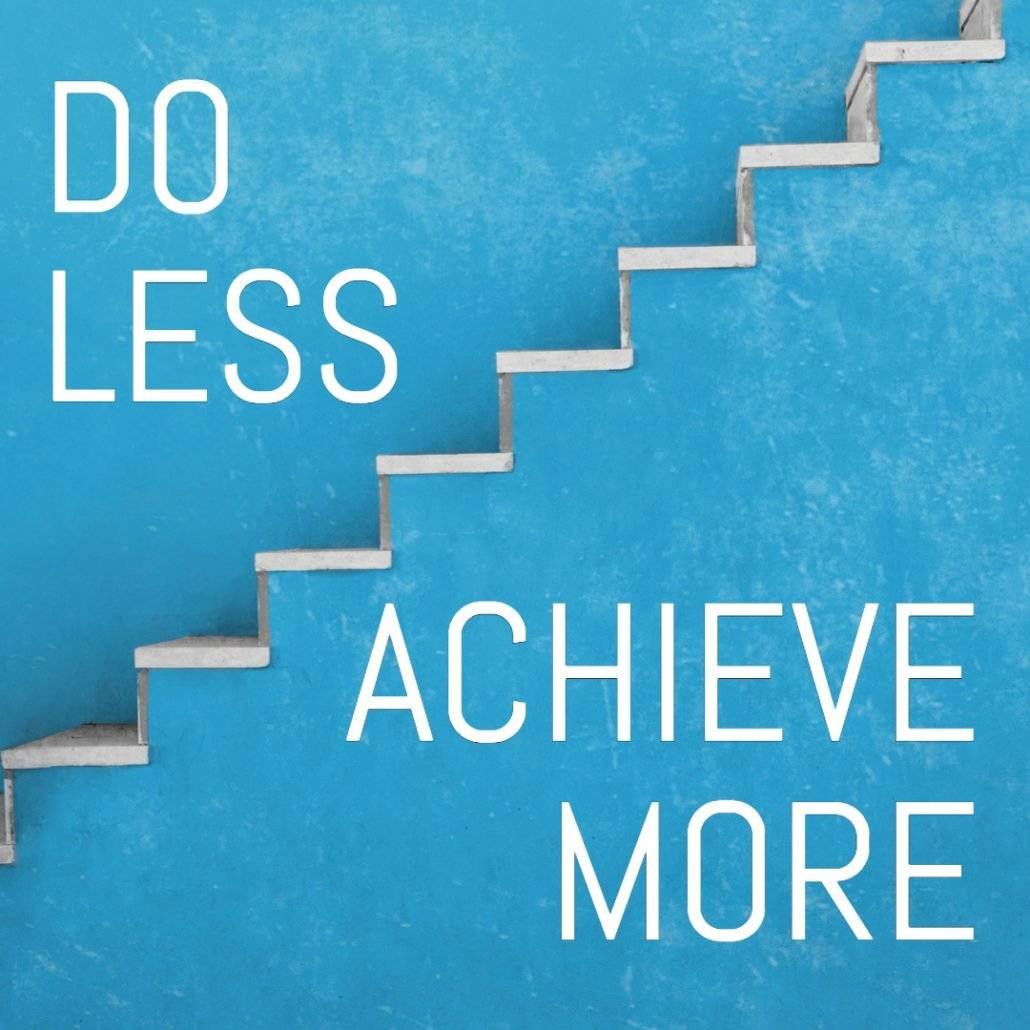SMART Goal Making With Our Fitness Director

Mountain Trek’s Lead Guide, Cathy, leads a hike on Idaho Peak
Cathy Grierson has been Mountain Trek’s Head Guide & Fitness Director for almost two decades, and she’s not slowing down. She embodies ox-like strength and is a leading source of fitness-related non-quackery.
In an attempt to become even one hundredth as physically tuned-up as Cathy, I sat down with her to chat about how she’s diving into 2019.
Related Article: 3 Steps to 10X Your Success Rate
Thanks for taking a few moments off from skiing to sit down with me, Cathy. 2019 has officially tiptoed in, and I wonder how you’re viewing the New Year.
My fitness resolution, or big picture “goal,” for this year is to keep moving, in any form, be it hiking, dancing, biking, skiing, spinning, HIIT, yoga, you name it. As they say, “If you keep the body guessing, you keep progressing.”
A buffet of activity, of sorts! How do you foresee sticking to this variety?
First thing’s first: you have to keep it realistic by making S.M.A.R.T (specific, measurable, attainable, realistic, time anchored) micro-actions, one at a time.
For example, this winter, I made cross-country skiing my #1 priority for cardio fitness. Here, I’ve kept my action specific (cross-country skiing), and time-anchored (the 2018/2019 winter season).
To stay motivated and committed, I did a few things. First, I bought a cross-country ski pass for the season, and the financial investment has immediately made me more accountable. To feel like my investment has been worthwhile, I want to pay the pass off. This means that if it cost $150, and a drop-in fee is $15, I have to ski 10 times to pay it off. That’s the “measurable” part.
Second, I want to pay it off by the time I go on Mountain Trek’s South Carolina program in February. This is where the “time anchored” component comes into effect. Whatever I ski once I return will therefore be a bonus, which will feel like a reward. Overall, this means I will have to have skied 10 times from when the track opened on December 15th until I leave on February 1st. That’s a total of seven weeks. I made the decision to commit to cross-country skiing twice weekly, except for the week of Christmas, until February 1st. This statement is specific, measurable, attainable, realistic and time anchored.
I like how you’ve broken down your goal to make it doable. Can you elaborate on how your S.M.A.R.T action supports your objective?
By ticking all the S.M.A.R.T boxes, I’m ensuring I’ll keep moving. At the same time, I’m upholding my values by doing my part in reducing environmental impact and climate change. Instead of driving to my errands, I’m skiing to them twice per week!
I’m also going to find other cross-country skiing allies to ski and carpool with, thereby surrounding myself with like-minded athletes. Having a support network is key to upping the fun factor, and to holding yourself accountable. Having skiing buddies is important to me because if I don’t feel like going out but know someone is depending on me to go with them, I am more likely to follow through.
Lastly, I’m going to track and log each of my skiing adventures using Strava or Gaia. I’m going to record the temperature, snow conditions, distance, elevation and time, as seeing how I am improving over the season will keep me motivated.
Your organization, drive, and savviness are enviable. Did you make a goal last year, and did it last?
Yes, I made a 2018 resolution, and, yes, it lasted. I made Hot Yoga my #1 priority flexibility fitness action, which supported my long term fitness goal to “keep moving.” I went through a very similar process: I bought a pass, figured out how many times I needed to go to pay off the pass, committed to that number using the S.M.A.R.T formula, and it worked–I love hot yoga now!
Discover why micro-resolutions are twice as likely to succeed than lofty New Year’s resolutions.
What is Mountain Trek?
Mountain Trek is the health reset you’ve been looking for. Our award-winning health retreat, immersed in the lush nature of British Columbia, will help you detox, unplug, recharge, and roll back years of stress and unhealthy habits. To learn more about the retreat, and how we can help you reset your health, please email us at info@mountaintrek.com or reach out below:







